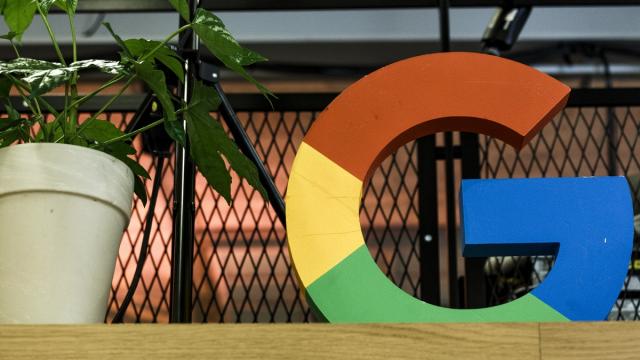Google has announced an aggressive plan to eliminate third party cookies from Chrome. The company has stated that the primary aim of this is to enhance user privacy online, but advertising dollars still seem to be front of mind.
The cookies that Google is targeting are generally used to track users across the web. A classic example of this is when a user is looking at a product on an online store and an ad for it pop up on other websites at a later time.
According to the Chromium Blog, Google plans on phasing out third party cookies within two years with initial trials beginning at the end of 2020.
However, Google is conscious of how these measures will impact the larger online ecosystem, particularly sites that are supported by ads. Google clearly doesn’t want to destroy that cash cow, which is why it isn’t simply blocking cookies like Mozilla Firefox has.
“Users are demanding greater privacy–including transparency, choice and control over how their data is used–and it’s clear the web ecosystem needs to evolve to meet these increasing demands. Some browsers have reacted to these concerns by blocking third-party cookies, but we believe this has unintended consequences that can negatively impact both users and the web ecosystem. By undermining the business model of many ad-supported websites, blunt approaches to cookies encourage the use of opaque techniques such as fingerprinting (an invasive workaround to replace cookies), which can actually reduce user privacy and control. We believe that we as a community can, and must, do better.”
With that in mind, Google will begin rolling out some new tech in February that will ensure these cookies can only be accessed via HTTPS. This falls under Google’s new SameSite rules that the company has been trialling over the past few months. It basically makes developers label their cookies in order for others to utilise them.
But this is just a short term solution. By 2022 Google hopes to have all third party cookies removed from Chrome. But that won’t be the end of targeted advertisements through Chrome. Instead, it will be implementing a ‘privacy sandbox’ which will enable advertisers to share ads with users but for individuals to share minimal information and browsing habits about themselves.
It will be interesting to see how this all works out in practice, and whether Google will be able to reach a solution that balances its commercial interests with user privacy.
[referenced url=”https://gizmodo.com.au/2019/10/chrome-mixed-content-block-https/” thumb=”https://gizmodo.com.au/wp-content/uploads/2016/01/chrome-410×231.jpg” title=”Chrome To Start Blocking Mixed Content Pages” excerpt=”Google has announced that it will begin blocking mixed content on https:// pages by default.”]
